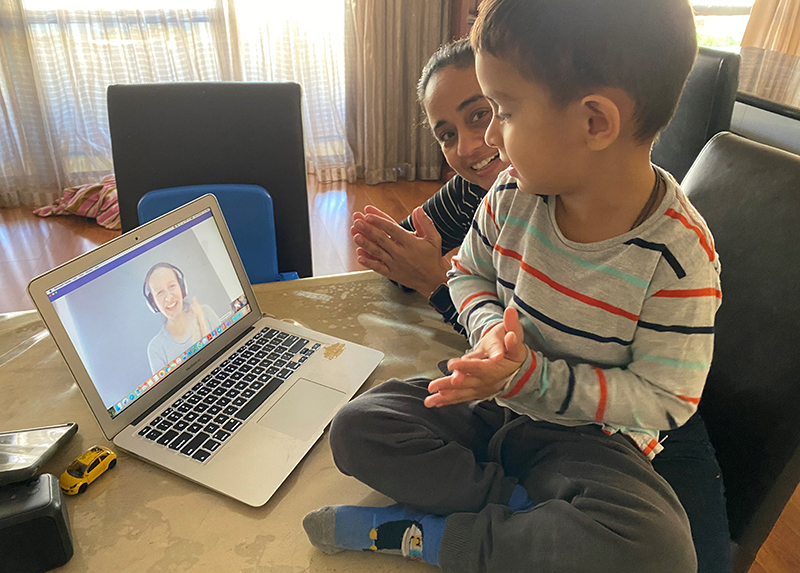Search

WA duo recognised as world’s most frequent autism research collaborators of the decade
Director of CliniKids, Professor Andrew Whitehouse, and Professor Murray Maybery, have been identified as the world’s most frequent autism research collaborators of the decade.

CliniKids clinicians rise to the COVID-19 challenge
The CliniKids team has reimagined how allied health services for children with autism spectrum disorder or developmental delays are delivered.

Dimity Taylor
Occupational Therapist

Lily Vo
Speech Pathologist

Lindy Henry
Inklings Practitioner

Samantha Rivers
Inklings Practitioner

Mikali Kluver
Speech Pathologist

Gen Wilmot
Speech Pathologist

Claire Perrozzi
Speech Pathologist

Abby Chee
Clinical Psychologist
